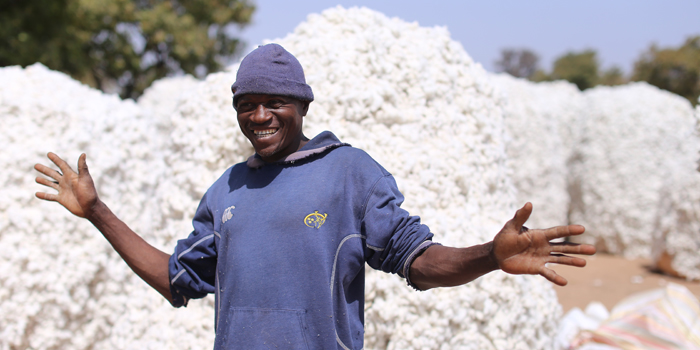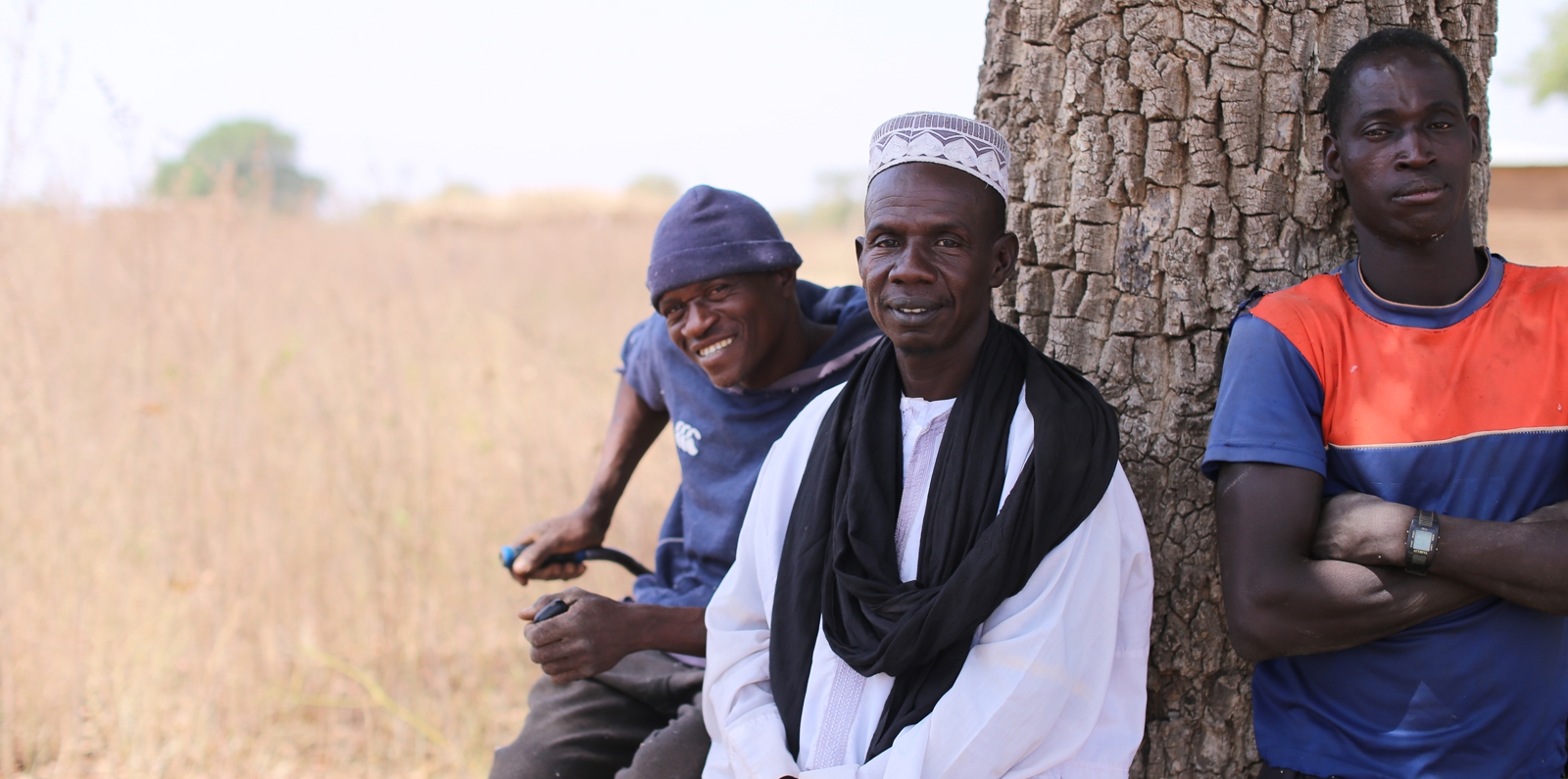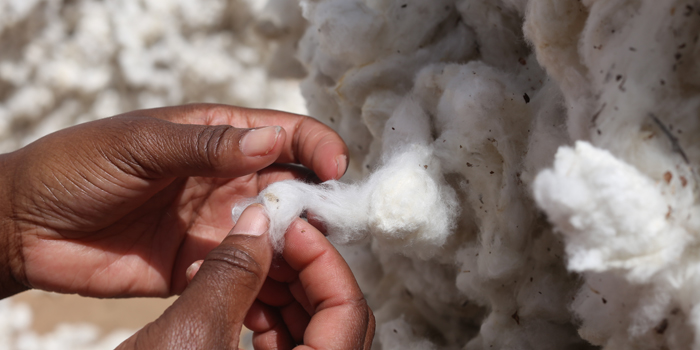
In the past, abundant rainfall from May to September provided cotton farmers in Burkina Faso with all the water their seedlings needed to grow. But in recent decades, climate change has made weather patterns increasingly unpredictable. Without even the most basic irrigation infrastructure, cotton farmers are at the mercy of mother nature. It is little wonder why cotton farmers such as Anselme, Seydou, and Oliver name a shortage of water as one of their biggest worries. Without reliable and adequate water supply, their crops will suffer low yields, diminished quality, and they will have little means to feed their families, pay for unexpected medical expenses, or meet their children’s school fees.
In addition to sharing the same family name, Millogo Anselme, Millogo Seydou, and Millogo Olivier have a few other things in common. They are all smallholder cotton farmers in the village of Yabasso in Burkina Faso, and in a few months, they will begin preparations for the planting season.
Many lives depend on cotton yields in Burkina Faso—one of the World's poorest countries |
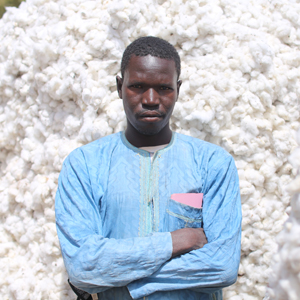 |
But this season, thanks to GAFSP and IFC’s advisory services, these cotton farmers will have a better chance at increasing their cotton yields through access to training in better soil and water management practices and inexpensive irrigation infrastructure.
This opportunity is the result of an unique partnership between IFC, GAFSP and the Global Partnership on Output-Based Aid (GPOBA) with SOFITEX (la Société Burkinabè des fibres textiles), the largest buyer of raw cotton in Burkina Faso. Together, they will train 1,000 cotton farmers on the use, operation, and maintenance of irrigation equipment, as well as in better agricultural practices for soil and water management.
Cotton Industry is the main source of income in rural areas of Burkina Faso |
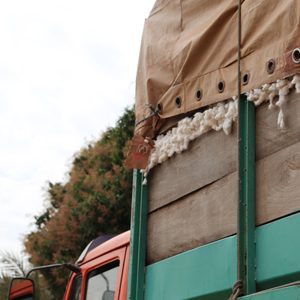 |
In addition to farmer training, IFC, GPOBA, and SOFITEX will work together to support farmer investments in building stone contour lines to prevent erosion, small reservoirs for rainwater capture and storage, and equipment to pump and distribute water in their farms. Farmers will also receive help in accessing the financing they will need to make these investments possible.
Once complete, this project is expected to improve farmer yield by 25%-30%, increase the area of farmland with improved water management by 3,000 hectors, and support US$5.3 million in lending for irrigation investments by smallholder cotton farmers.
With access to financing and necessary agricultural inputs, Anselme, Seydou, and Oliver will have something else in common. They will have the chance for a more successful harvest and higher incomes to help them care for their families.
